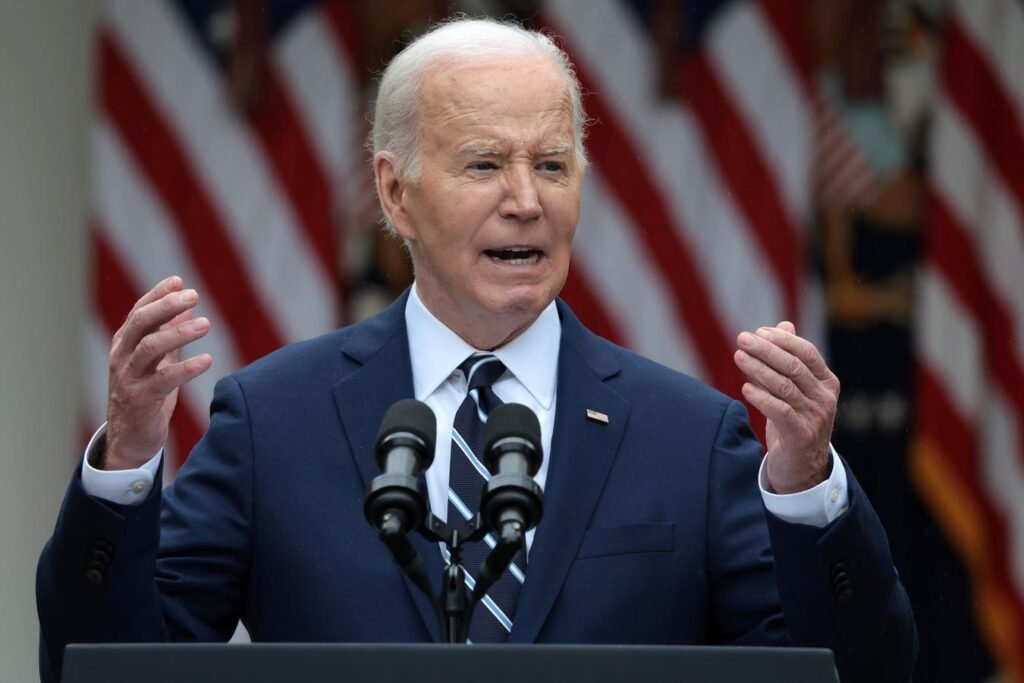The Maginot Line, a 800-mile long defensive barrier constructed by France to protect against an attack from Germany, ultimately proved to be ineffective in the face of new blitzkrieg tactics during World War II. Similarly, the Biden Administration has imposed new tariffs on China in sectors like steel, batteries, semiconductors, and electric vehicles. While these tariffs are aimed at combating China’s unfair trade practices, they also reflect the lack of competitiveness of American companies in these industries.
The solar industry is a prime example of how tariffs can lead to a cycle of increasing protectionism. Despite generous subsidies and tax credits for domestic solar manufacturers, the global price of solar panels has plummeted, leading to measures to increase tariffs on Chinese products. This could slow down the pace of new solar installations in the U.S. and hinder the growth of the domestic industry, ultimately making American manufacturers less competitive in the global market.
In the electric vehicle sector, America is lagging behind China in the transition to electric mobility. With EVs accounting for only 8% of new car sales in the U.S., American manufacturers are struggling to produce competitive electric models. Tariffs may offer temporary protection, but they do little to incentivize innovation and efficiency in the industry. Furthermore, sheltering domestic producers could allow China to dominate fast-growing markets in the Global South, further eroding America’s competitiveness.
The Biden Administration’s aggressive use of tariffs in strategically crucial sectors could have significant economic consequences. A blanket tariff on all imported goods and higher tariffs on Chinese imports could lead to higher prices for American consumers and increased inflation. Moreover, erecting a “Maginot Line” of permanent, high tariffs risks undermining the competitiveness of industries where the U.S. currently has an advantage, potentially pushing other nations to seek alternative trade regimes.
While tariffs can be a tool to protect domestic industries, they must be used selectively and with clear time limits to allow struggling industries to regain their footing. Permanent, high tariffs can accelerate a nation’s decline and compromise its ability to compete in the global economy. As the U.S. navigates the challenges of trade policy in an increasingly interconnected world, finding a balance between protecting domestic industries and promoting innovation and competitiveness will be crucial for long-term economic success.











